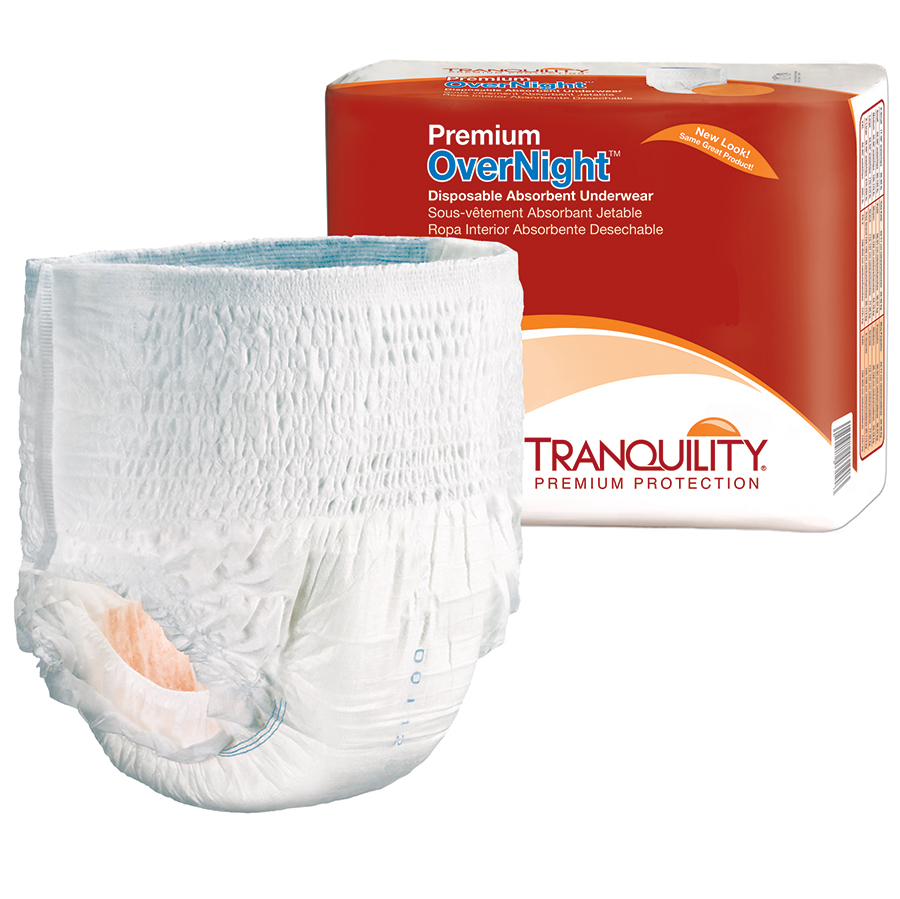Posted by Nathan S on Jun 27, 2019
Memory Care and Incontinence
Does dementia cause incontinence? If the person is physically healthy, why would they become incontinent?
All great questions! And we’re here to provide some answers. Did you know that more than half of all nursing home and assisted living residents are dealing with some level of urinary or bowel leakage? This means that at least half of adults in memory care units are living with incontinence . Incontinence and toileting difficulties are more common in adults with Alzheimer’s or dementia than a person of the same age who doesn’t have dementia. This is because of the way that the brain changes due to the disease. Dr. Lynn Ritter of the Alzheimer’s Association describes how the brain changes due to Alzheimer’s in a four-minute video about Understanding Alzheimer’s and Incontinence.

Changes in the Brain. And Why Dementia Leads to Incontinence.
As Dr. Ritter explains, dementia changes the brain and because we can’t visually see the brain changing, the visual change often comes through new behaviors. Dementia will change the way that the brain interprets, processes, and understands language. Meaning, you can ask someone with dementia a question (and they may understand it’s a question), but they may not understand the words within the question or what exactly you’re asking them.
Imagine someone is asking you a question in a completely different language. You may realize it’s a question because their voice raises at the end, or their body language indicates it’s a question (a head tilt at the end, a questioning look, a long pause after their statement waiting for your answer). Without realizing what they said, you may just say, “No.” because at least no protects you. If you were to say “yes”, you would have no clue what you just agreed to. With the word “no”, you are declining doing anything crazy, dangerous, or not to your liking.
No I will not jump off that bridge.
No I will not eat that food I hate.
No I will not give you money.
The same thing happens when you ask a person with Alzheimer’s or dementia, “Do you need to go to the bathroom?”. The response may be, “no”, but simply because they don’t understand the words in the question. It is very important for caregivers not to get upset if they ask the question and then 5 minutes later find that an accident has happened.
Fidgeting Behavior Is More Than Just Being Anxious, Bored, Or Nervous.
What do you see when you see someone fidgeting? Do you assume that -
- They’re restless
- They’re bored
- They are uncomfortable
- They are not paying attention
It may be none of the above. It could mean they need to go to the restroom. But due to the changes in the brain, a person with dementia may either not know how to ask, might be unsure of where the bathroom is located, or they are lost and unable to navigate to a bathroom. Be careful not to quickly dismiss fidgeting behavior as a person who is “just fidgety”. This could mean it’s time for them to use the bathroom.
How to Deal With Incontinence When It Happens
When the time comes that incontinence episodes are happening more frequently, it’s important to find the right product to provide protection. If incontinence goes unchecked, there are consequences that follow. These consequences can include:
- Stench and foul odors
- Bacterial growth leading to infection
- Skin deterioration and skin-breakdown from consistent moisture
Incontinence and toileting challenges are very prevalent in Memory Care Units. This makes incontinence management of family members and residents living in these units critical to care. As Dr. Ritter explains, it is important for adults with Alzheimer’s or dementia to be protected with an effective incontinence product and able to sleep through the night.
What We Recommend: Try Tranquility
When someone asks where to start with incontinence, we often say, “Try Tranquility Products”. Tranquility products are designed to provide hours of protection, keeping the wearer dry, comfortable, and free to sleep or enjoy activities. The disposable briefs and bed pads have a blend of superabsorbent layers. This means your family member, or care recipient with incontinence, can stay dry for hours, giving you peace of mind that they are being cared for appropriately.
The Tranquility Premium Overnight Disposable Absorbent Underwear is a favorite product for adults with Alzheimer’s and their caregivers. The pull-on style product is worn just like traditional underwear and allows the wearer to continue to use the restroom when possible. This allows the adult to continue using the toilet as long as possible, while still providing protection in the situations where getting to the bathroom is difficult.
Tranquility offers a full line of premium solutions for adults with incontinence. With tape-tab style briefs in sizes Youth through 4XL and pull-on style Disposable Absorbent Underwear in sizes Youth through 2XL, Tranquility can fit nearly all sizes and body type. We also offer booster pads to provide extra absorbency to another product, and pads, liners, and guards that are inserted in regular underwear. Our underpads are also a caregiver favorite, protecting mattress, sheets, chairs, and other furniture from urine damage.

Still Unsure? Drop us a line - We're Here to Help.
We understand that incontinence can be an overwhelming issue to solve, and there is a LOT of information out there. We never want you to feel overwhelmed, which is why we’d love for you to drop us a line so we can help you find the right incontinence solutions for your unique needs and answer any questions you have.
Send us an email at service@comfortplusonline.com
Give us a call at (888) 656-8055

Contact us through chat on our website
We’re happy to answer any questions, help you find the right product, and provide a sample for products you’re curious to try.
